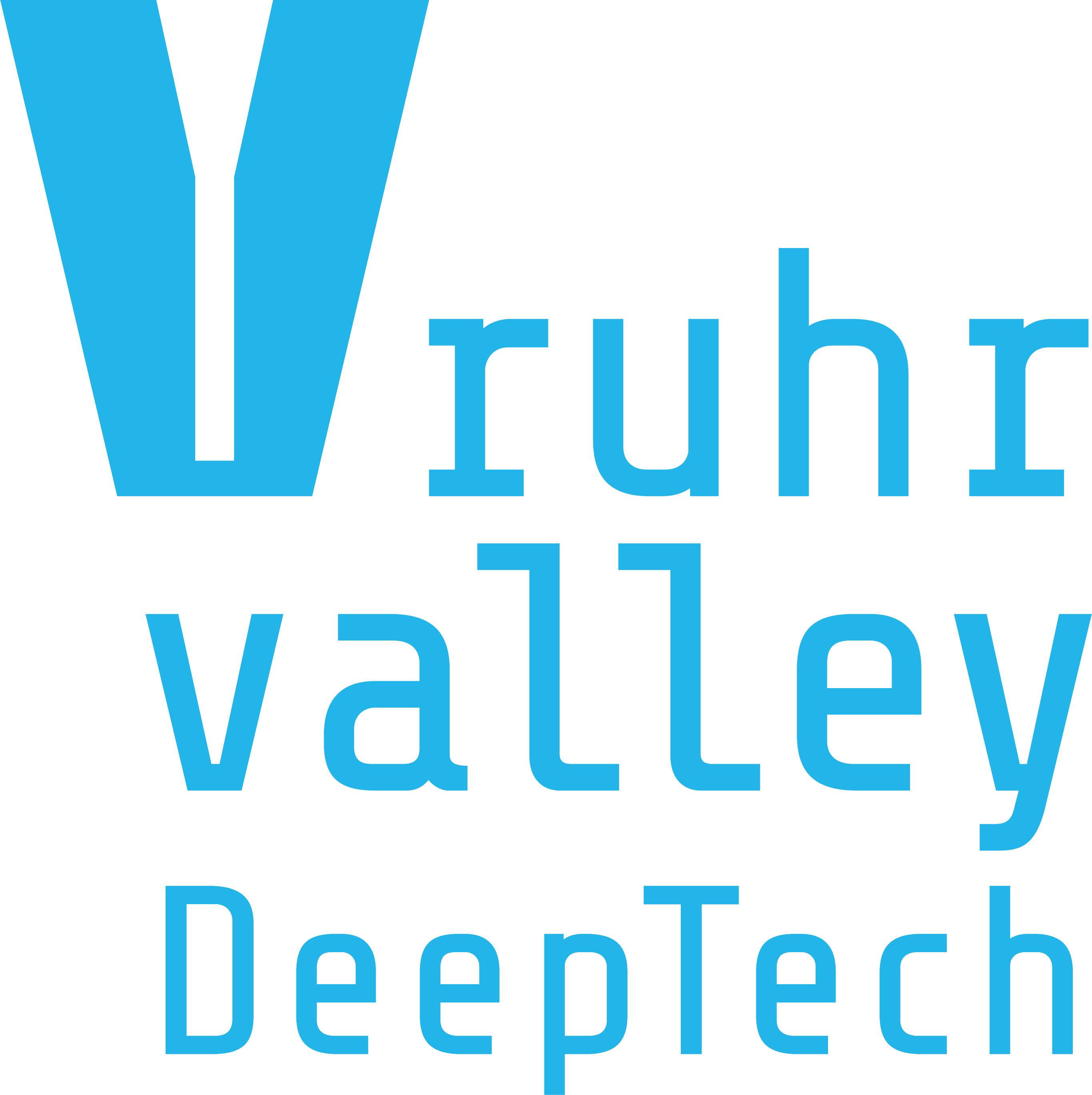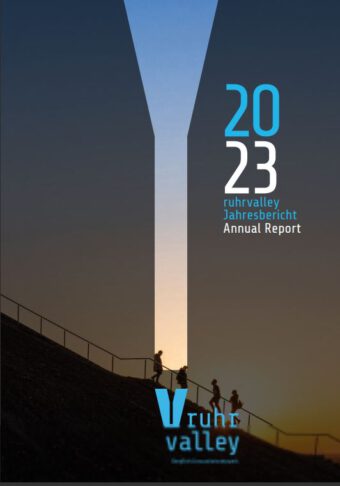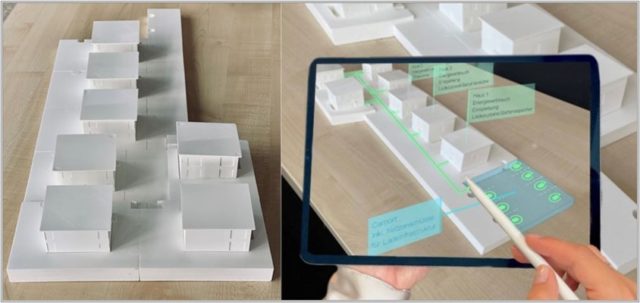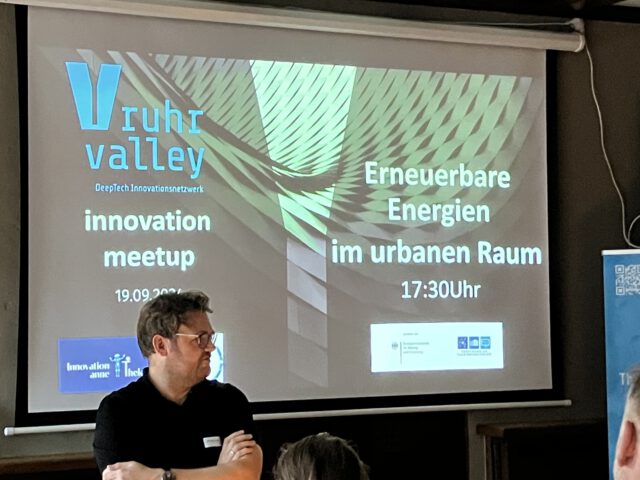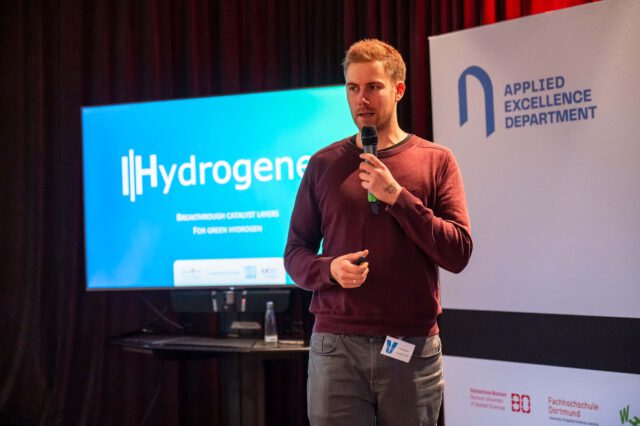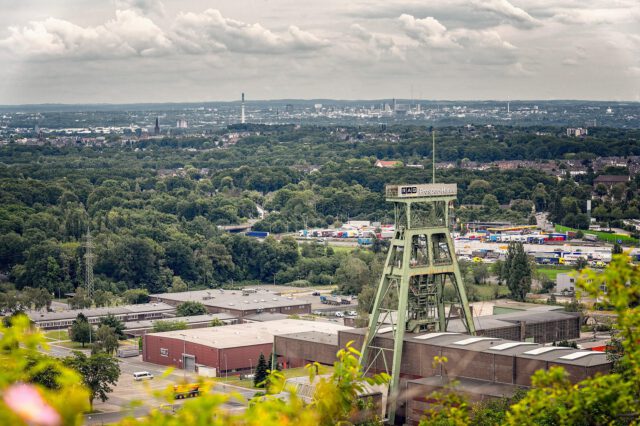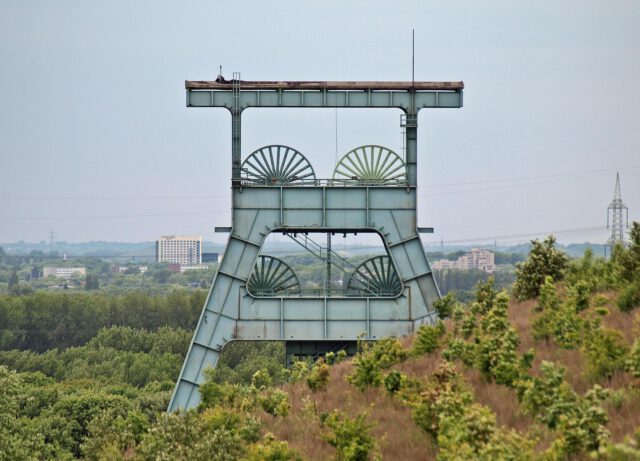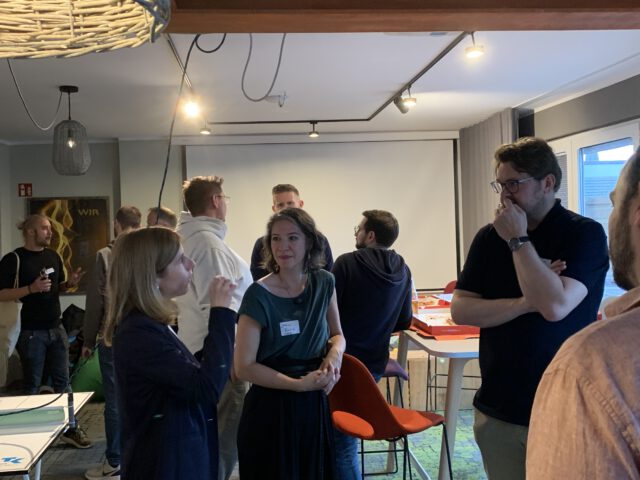
 Mobility
Mobility
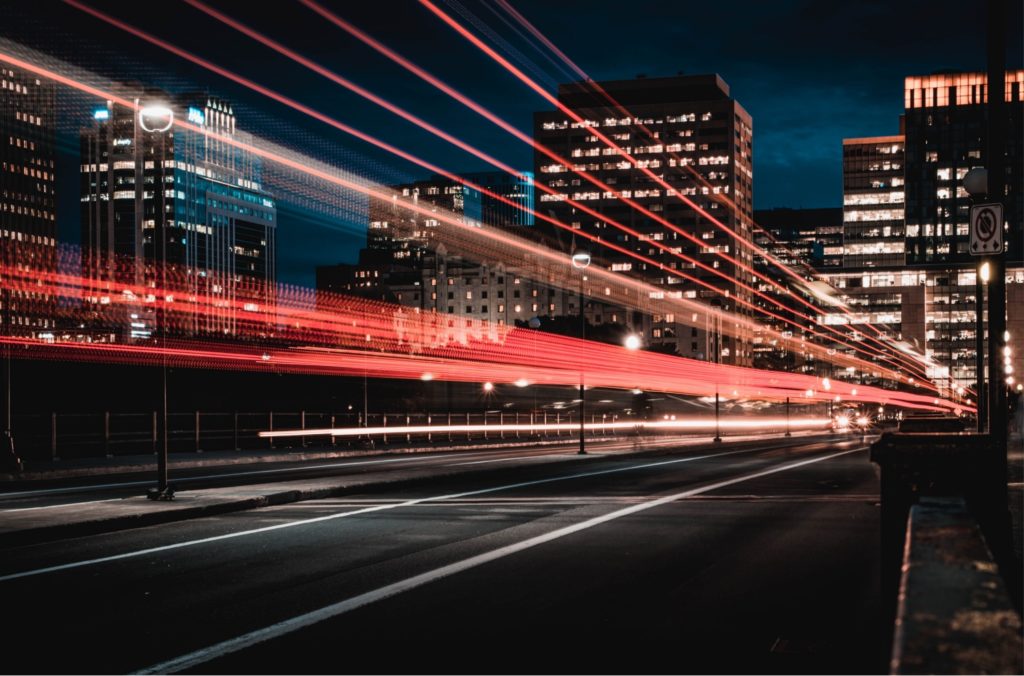
Currently, individual mobility is often synonymous with personal freedom and for this reason the transport sector is one of the biggest emitters of greenhouse gases in Germany. In the Ruhr region, the effects of creating car-friendly cities in the 1960s are still quite visible. Consequently, cars are still the preferred method of transport and more than half of the region’s population moves around by car. The growth of electromobility shows that citizens are increasingly changing their views: in 2021 there were 76,618 electric cars sold in North-Rhine-Westphalia—twice as many as the year before. However, the transition from internal combustion engines to electric drives is not enough; besides individual motorised transport, it is necessary to collectively consider bicycle traffic, and public and freight transport.
Thanks to its polycentric structure and its tightly-knit transport infrastructure, the Ruhr region has great potential to develop its mobility sector in a climate-neutral and more efficient way. To answer the questions of how to successfully implement the transport revolution and which new markets and business models can be developed, we regard the different areas of mobility as parts of an integrated system and carrie out research in intelligent, interconnected solutions. An important driving factor in this area is digitalisation, which offers enormous potential for the sustainable development of the mobility sector.
OUR CORE TOPICS ARE:
- Developing new mobility concepts for micromobility
- Energy supply solutions for e-mobility
- IoT-based development and testing systems for the cooperative development and testing of components for the electromobility sector
- Smart mobility use cases for the smart city
We deploy these competences, and more, in the pursuit of a successful transport revolution:
- Vehicle simulation
- Component development
- Developing and testing IoT sensors
- IoT-based intelligent networking technologies and open-source development tools for automobile systems
- Sustainability analysis
More about the topic
 Energy
Energy
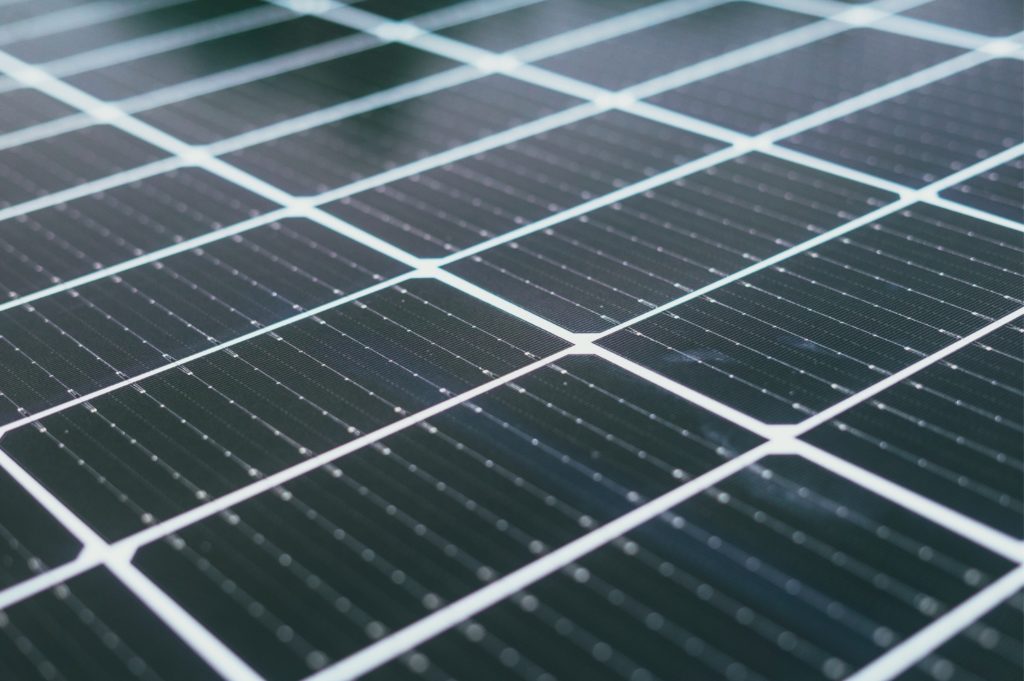
The energy transition is key to slowing down climate warming and achieve climate targets. However, in spite of the rapid expansion of renewable energies in North-Rhine-Westphalia, it is still heavily dependent on the use of coal for producing energy and heat. Additionally, the Ruhr region has many energy-intensive companies and for them, the energy transition not only has to be economically feasible, but the security of supply also has to be guaranteed. To minimise the dependency on fossil fuels it is not enough to expand the use of renewable energy sources, but it is also necessary to increase the use of efficient energy storage technologies and improve their capabilities. The coupling of electricity, heat and mobility through green hydrogen is emerging as a key technology in the successful implementation of the energy transition in the Ruhr industrial region. Additionally, digitalising the involved energy and mobility systems is an essential factor. This makes possible the use of green energy in an ecologically-sustainable, economically-feasible and secure way for the mobility and industrial sectors, for businesses and for households.
As a Deep Tech Innovation Network, we understand urban energy and mobility systems as complex socio-technical systems and pursue an integrated approach in our projects, which regards the different domains and how they interact with each other.
We focus on the following core topics in the area of energy:
- Energy management and monitoring systems for charging infrastructure and deep geothermal energy
- Hydrogen-based systems to store energy from renewable sources
- Creating Smart energy use cases using living labs
- Develop a model of a multivalent, digitally-controlled heat network in the Ruhr region
Among our competences are the following:
- Sustainable energy supply
- Renewable energies
- Energy storage systems
- Energy management systems
- System integration for energy storage systems
- ICT-based energy information systems for applications such as intelligent heat networks or the connection of charging stations to smart home, grid, or building systems
- Fuel-cell and hydrogen technology
- Battery technology
More about the topic
 Digitalisation
Digitalisation
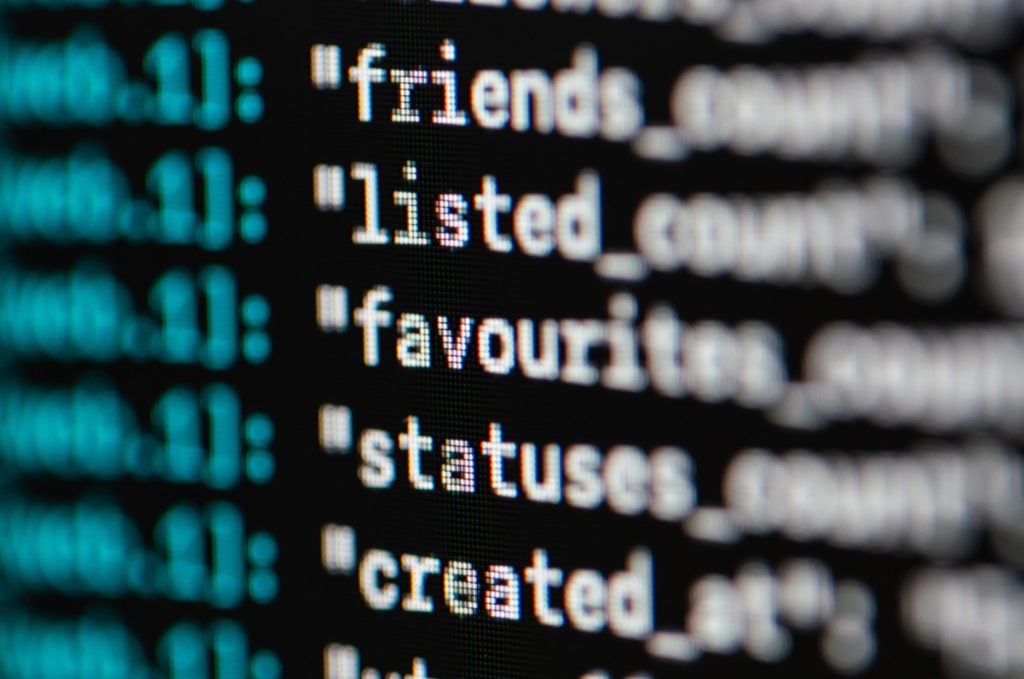
Coal and steel structurally shaped the Ruhr region and turned it into one of the biggest metropolitan regions in Europe, but since the decline of the mining industry, it is the ongoing structural transition that characterises the region. Besides the green transformation, digital transformation is one of the most relevant driving forces behind it. The industry, municipalities, and science are equally affected by this process and the actors involved are faced by numerous questions: How can data be used collaboratively and efficiently in a way that protects privacy? How can we digitalise existing services in a meaningful way and develop digital services securely? How does digitalisation change our lives and our work and how can our applications achieve wide acceptance rates? Growing digitalisation offers great potential to overcome social, economic and ecologic challenges, such as the changing climate. However, future-oriented innovations and successful technology transfer can succeed only if science, the economy and municipalities cooperate closely.
Around 5.1 million people live here, in the Ruhr region. This population density demands much of the regional mobility and energy systems. Coupling both sectors would offer many opportunities to save resources and make both sectors more efficient. Additionally, using interconnected, cloud-based system solutions makes possible new forms of development and cooperation. That is why we understand digitalisation and interconnection as a cross-sectoral issue.
OUR CORE TOPICS ARE
- Interconnection of energy systems, such as deep geothermal energy and hydrogen production
- Interconnection of mobility systems in areas such as charging infrastructure and battery sharing
- Developing a modular electromobility platform for cooperative component development for electric drives
- Developing a smart city IT platform and integrating energy, mobility and digital innovations
Among our competences are the following:
- IoT-based intelligent interconnection technologies
- ICT-based energy information systems, for applications such as smart metering, smart grids or smart buildings
- Open-source development networks
- Data security and secure communications for interconnected system components and cyber physical systems
- Cloud computing
- ID management
- Secure payment and transaction systems
- Security in e-mobility and social networks
- Presentation and communications formats in the areas of virtual and augmented reality
